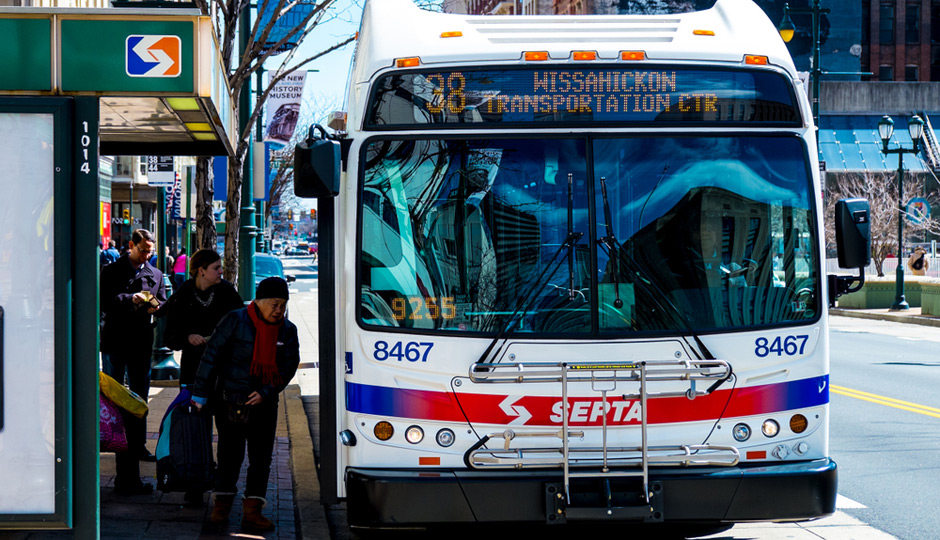If SEPTA Didn’t Hire You Because of a Criminal Record, These Lawyers Want to Hear From You

Photo by Jeff Fusco
Frank Long says he was right on the cusp of getting a job as a bus driver for SEPTA when two 20-year-old convictions for drug offenses got in his way. And according to his lawyers, that never should have happened.
In a lawsuit filed this week, Long claims that a SEPTA recruiter first offered him a job in person in late 2014, but later rescinded the offer when a background check revealed the convictions from 1994 and 1997. Because those convictions are so old, and seemingly unrelated to the job Long was hoping to get, his lawyers say SEPTA acted in violation of the Fair Credit Reporting Act and the Pennsylvania Criminal History Record Information Act. They’re betting it’s not the only time SEPTA has run afoul of those laws, and are asking a judge to approve class-action status for the federal civil suit they’re bringing against the transit agency, as Newsworks and the Inquirer both reported earlier this week.
Ben Geffen, an attorney with the Public Interest Law Center, filed the suit on behalf of Long and “all others similarly situated.” A lot of people — both employers and job applicants — don’t know that companies aren’t allowed to turn away candidates for criminal convictions that aren’t related to the work they’re looking to do, Geffen said. More still don’t know that companies have to notify applicants in writing when they want to do a criminal background check.
How do you determine when a conviction is unrelated to a job? Geffen acknowledged that there are a lot of gray areas. If Long had a string of DUIs in his past, for example, he might not have much of a case.
It’s also a matter of timing, Geffen said. Despite getting into trouble in the 1990s, Long has gone almost two decades now without any further criminal history. Geffen said that the Public Interest Law Center has represented another client who was turned down for a job fully three crime-free decades after a conviction. There’s a reason different crimes carry different sentences; the punishment is supposed to end at some point.
“You probably have a lot of readers who were turned down illegally because of their record, and we’d encourage them to contact us,” Geffen said.
Geffen is working with other lawyers as part of the Fair Employment Opportunities Project, which is pursuing a handful of discrimination-related lawsuits. The project is funded by the Patricia Kind Family Foundation.
Follow @jaredbrey on Twitter.


